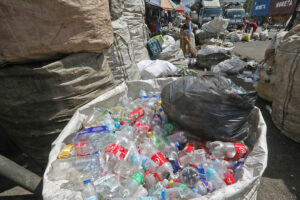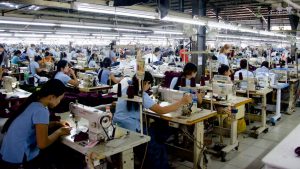THE proper incentives will encourage more businesses to comply with the Extended Producers Responsibility (EPR) Act, which holds companies responsible for plastic waste over the full life cycle of their products.
National Solid Waste Management Commission Vice-Chairman Crispian Lao said in a forum: “It is important for us to use incentives to drive the markets towards circularity.”
He was referring to the circular economy, a sustainability strategy that seeks to maximize the recycling or repurposing of existing products while minimizing extraction of new raw materials. “If we want to go circular, alternative materials may be available but may not necessarily be price competitive,” he added.
Republic Act No. 11898 or the EPR Act of 2022 requires producers, manufacturers, and other companies to move away from single-use plastics and establish their own waste recovery schemes in partnership with communities, local governments, and others.
Current incentives for EPR compliance include tax breaks, subsidies, or reduced fees for those that adopt sustainable practices.
“I think it is important to look into other alternatives that promote circularity such as design (optimized for) recycling, refillable content and even education,” Mr. Lao said.
Enterprises that fail to register for EPR programs will face fines of between P5 million and P20 million. Those that fail to comply and meet targeted recovery rates will also be fined.
“When we want actual transformation, more things have to converge, (like) technology, business models, public policy, and (community)… that is the promise of EPR for the Philippines,” according to Philippine Business for Social Progress Executive Director Elvin Ivan Y. Uy.
The Department of Environment and Natural Resources reported that 917 businesses have registered for programs to comply with the EPR law as of June, including 129 obligated enterprises which are required to implement an EPR program.
Industries that generate plastic packaging include agriculture, manufacturing, energy, retail, transportation, accommodations and food services, and information and communication. — Adrian H. Halili





